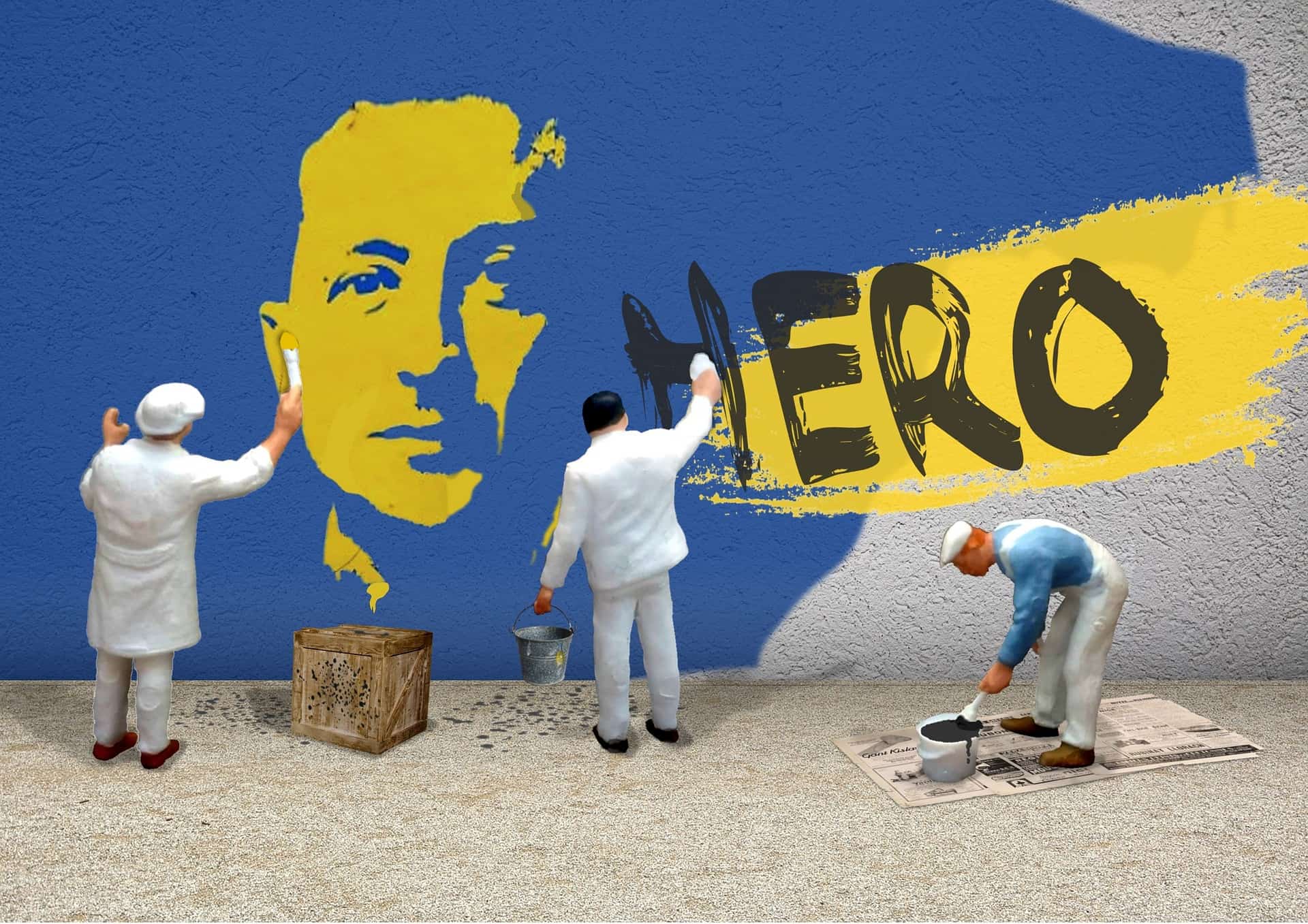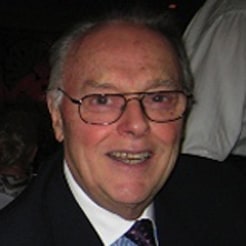
Forging Unforeseen Heroic Leadership Amidst Global Adversity
The similarity of perspectives on social justice, ethics, and leadership between Martha Nussbaum, an American philosopher and professor of Law and Ethics at the University of Chicago, and the authors of Driving Social Innovation: How Unexpected Leadership is Transforming Society (2022), struck me profoundly as I delved into their insightful book. Amidst global challenges like the war in Ukraine, the importance of like minds sharing these values also struck me along with the need for innovative and just leadership to address them.
Back in 2011, I vividly recall first reading Nussbaum’s definition of social justice that resonated deeply with me. She articulated it as the preservation and enhancement of fundamental human capabilities, encompassing senses, imagination, emotional depth, social connections, and ecological consciousness. Her vision aimed to ensure equitable opportunities for all, nurturing the richness of human potential.
Although their specific areas of focus and expertise differ, both Nussbaum and the authors of Driving Social Innovation: How Unexpected Leadership is Transforming Society, Marie Sonnet, Theresa Southam, and Patrice Rosenthal, promote ideas that contribute to a more just and equitable society. Nussbaum’s work on social justice harmonizes seamlessly with the three authors’ practical insights into unconventional leadership models fostering social innovation.
In their book, Sonnet, Southam, and Rosenthal invite us to envision today’s true leaders as those who:
- Embrace a collective ethos, championing the common good as their enduring legacy.
- Embody a transcendent spirit, embracing a connection to the spiritual realm.
- Cultivate leadership or team dynamics focused on meaningful repair, which largely goes unrecognized and is undervalued and thus is unexpected leadership.
- Embrace a worldview where humanity and nature intertwine, recognizing their inherent interconnectedness.
- Seek wisdom not in isolation but through mentors, teachers, leaders, guides, and ancestors.
- Excel in social generativity and intergenerational relations.
To embark on a journey toward a more socially just leadership paradigm, Sonnet, Southam, and Rosenthal emphasize the importance of embracing a collective ethos and prioritizing the common good, qualities that require bravery to navigate complex social landscapes. They argue that true leadership demands confidence in one’s vision and values – even in the face of adversity or skepticism.
A central theme of the book is the imperative of decolonizing leadership practices and fostering inclusive environments where all voices are heard and valued – a principle that reminds me of the spirit of Ujasiri, the Swahili term encapsulating bravery and confidence. This concept celebrates the resilience and power derived from embracing unity amid diversity.
I had a memorable encounter with Ujasiri in 1987 during a leadership workshop I had the privilege of facilitating in Arusha, Tanzania, nestled at the foot of the majestic Mount Kilimanjaro, its peak adorned with snow. The breathtaking sight of this natural wonder greeted us each morning as we drew back the curtains of our classroom. It served as a poignant reminder of the awe-inspiring beauty of our surroundings and the boundless potential for growth and transformation interconnected with nature.
Inspired by Mount Kilimanjaro, we embarked on a journey to cultivate our own sense of Ujasiri, drawing upon our inner reservoirs of bravery and confidence to propel us toward driving social innovation. Encouraged by the spirit of Ujasiri, we embraced boldness and determination, recognizing our collective ability to effect positive change not only within our immediate communities but also on a broader scale, extending far beyond geographical boundaries.
As I wrap up this blog post, I’m tuning into a news broadcast spotlighting unexpected leadership unfolding in current events. The President of Ukraine Volodymyr Zelensky, a 44-year-old man of short stature and a comedic TV background, was no one’s idea of a leader-in-extremis. Yet, he has emerged as a beacon of genuine social innovation and leadership on the global stage. Zelensky captivates the world’s attention not through traditional measures of leadership, but through his unwavering commitment to defending democratic principles and safeguarding the welfare of his people in the face of unparalleled challenges.
In Zelensky, I see a living embodiment of Nussbaum’s vision of social justice; Sonnet, Southam, and Rosenthal’s paradigms of unexpected leadership; and the spirit of Ujasiri. His actions reflect a profound courage, resilience, and determination to uphold democratic values and protect his nation’s sovereignty amidst adversity and conflict. Zelensky’s leadership serves as a powerful reminder that true heroes transcend age, training, and preconceived notions, inspiring us all to reach higher and stand firm in the pursuit of justice and the common good.
- About the Author
- Latest Posts
Vice President Emeritus for Learning Technologies Donald Smith, Ed.D, CPT, headed ME&A programs in learning, leadership, and performance enhancement. He stayed with the firm in his retirement, bringing more than 65 years of experience as a coach, designer, facilitator, evaluator, manager, educator, and organizational change architect in more than 40 countries. He is affectionately known as ME&A’s MENCH.



